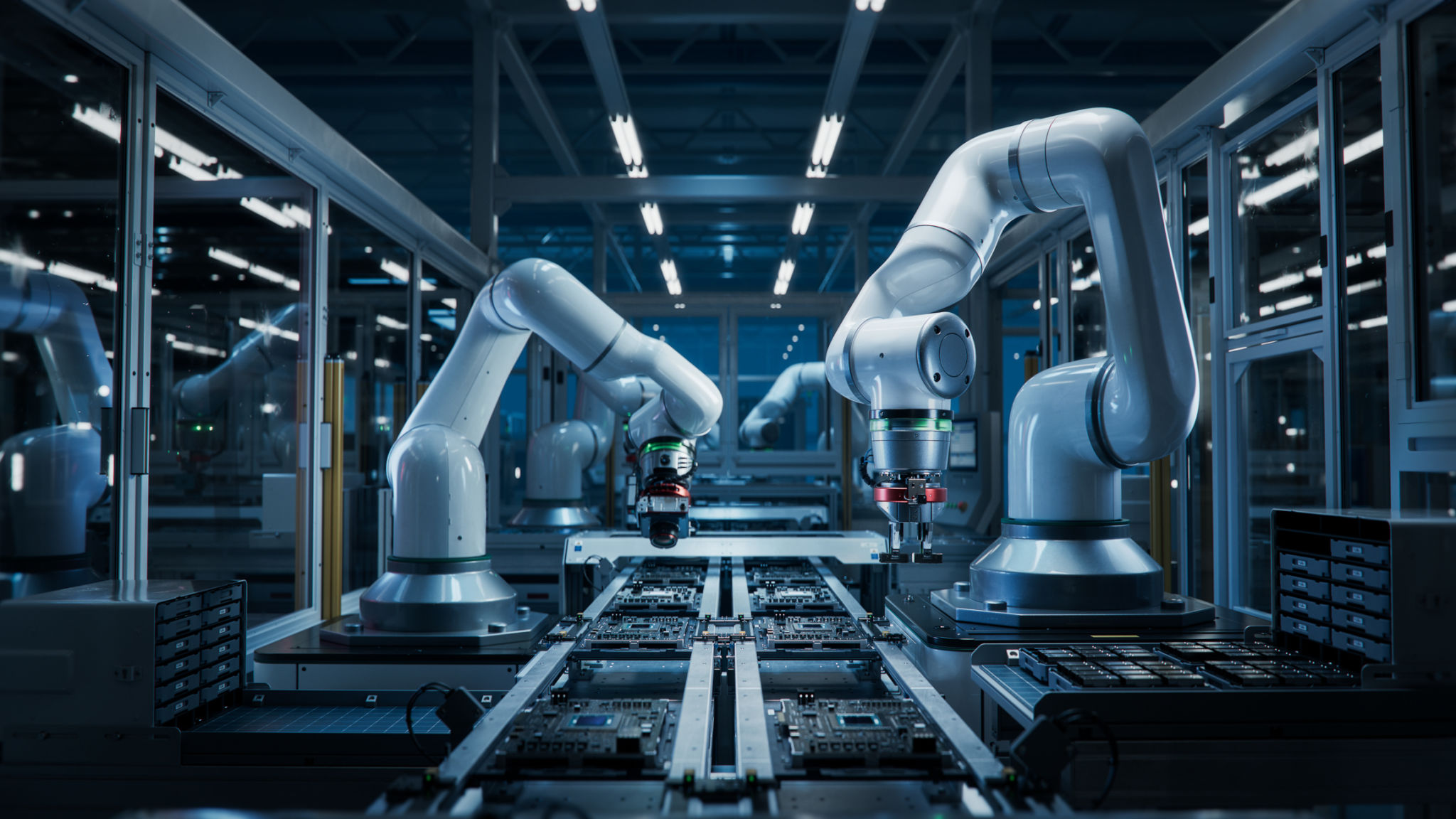Comprehensive Guide to Industrial Process Control Software: Enhancing Efficiency and Accuracy
Introduction to Industrial Process Control Software
In the rapidly evolving industrial landscape, process control software has emerged as a critical tool for improving operational efficiency and accuracy. This type of software enables industries to automate, monitor, and control various processes, ensuring optimal performance and reduced waste. By integrating advanced technologies and data-driven approaches, industrial process control software is revolutionizing how industries function.

The Importance of Process Control in Industry
Process control is essential for maintaining the quality and consistency of industrial outputs. It involves the regulation of different process variables such as temperature, pressure, and flow rate to ensure products meet specified standards. The use of process control software allows for real-time monitoring and adjustments, minimizing human intervention and potential errors.
Advantages of Utilizing Process Control Software
Implementing process control software in industrial settings offers several advantages:
- Increased Efficiency: Automation of routine tasks reduces the time and effort required for process management.
- Enhanced Accuracy: Precise control over process parameters leads to fewer defects and higher-quality products.
- Cost Savings: Optimized resource usage and reduced waste contribute to lower operational costs.

Key Features of Industrial Process Control Software
Modern process control software comes equipped with a range of features designed to meet the complex needs of industrial operations. These include:
- Real-time Data Analysis: The ability to collect and analyze data in real-time for informed decision-making.
- Scalability: Software that can grow with your business needs, easily accommodating increased production demands.
- User-friendly Interface: Intuitive design that simplifies the user experience, enhancing overall productivity.
Integration with IoT and AI
The integration of Internet of Things (IoT) and Artificial Intelligence (AI) technologies into process control software is transforming industrial operations. IoT devices provide a continuous stream of data from various points in the production line, while AI algorithms offer predictive analytics and insights. This combination allows for proactive maintenance, reducing downtime and improving efficiency.

Challenges in Implementing Process Control Software
Despite its benefits, implementing process control software in an industrial setting can present some challenges. These may include:
- High Initial Cost: The upfront investment in software and hardware can be significant.
- Complex Integration: Ensuring seamless integration with existing systems requires careful planning and expertise.
- Training Requirements: Employees need training to effectively utilize new technologies, which can be time-consuming.
Future Trends in Process Control Software
The future of industrial process control software is promising, with emerging trends focusing on increased automation, greater connectivity, and more intelligent systems. The adoption of cloud-based solutions is also gaining momentum, providing greater flexibility and scalability for businesses. As these technologies continue to develop, industries can expect even more sophisticated tools to enhance their operations.

Conclusion
Industrial process control software is a vital component in modern manufacturing and production environments. By enhancing efficiency and accuracy, it enables businesses to remain competitive in an increasingly complex market. As technology continues to advance, industries must stay abreast of the latest developments to fully leverage the potential of these powerful tools.